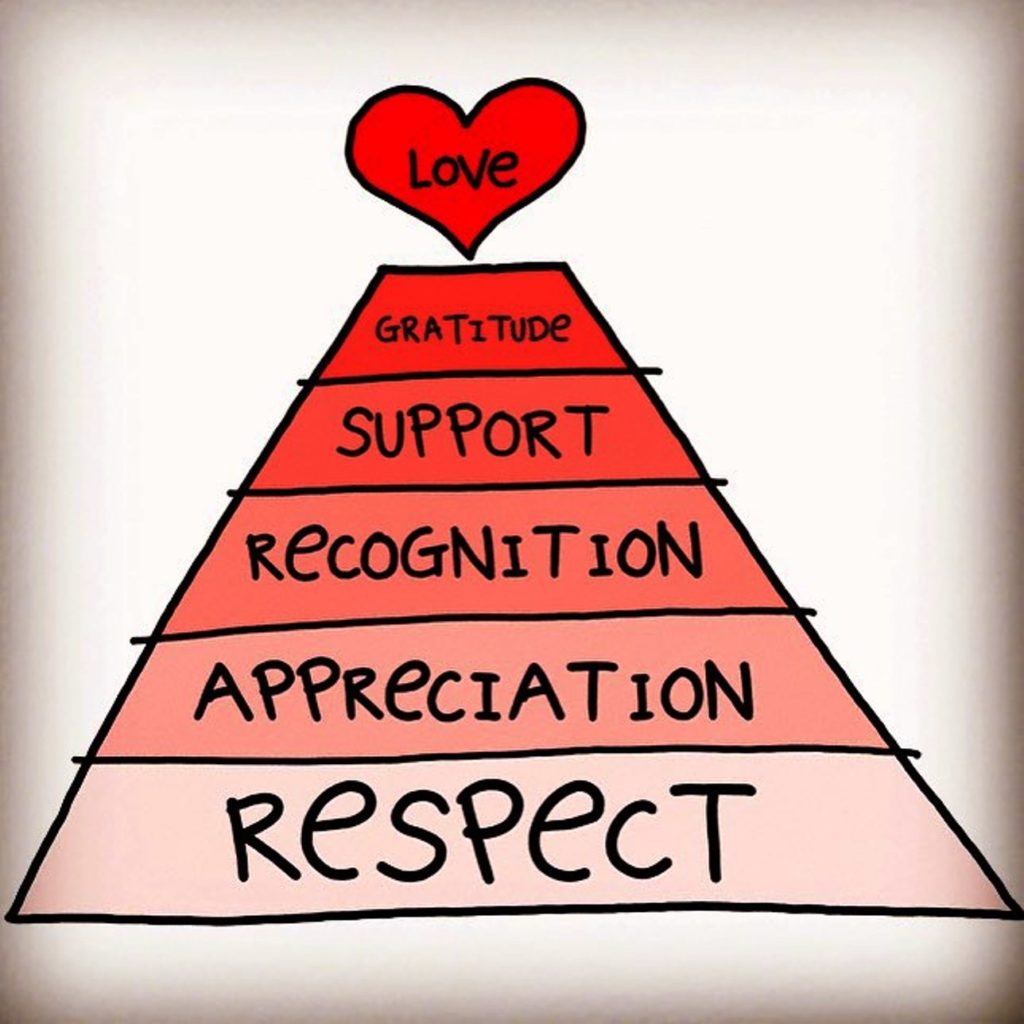Title IX Corner: Promoting Healthy Relationships
Published - March 23, 2018
How are You Promoting Healthy Relationships?
This month’s Title IX Corner focuses on the fundamentals of a relationship. Relationships require open, honest and safe communication. This includes making sure you both understand each other’s needs and expectations. That means you have to talk to each other! Here are a few tips regarding maintaining a healthy relationship:
-
Speak Up.
In a healthy relationship, talk about bothers and worries instead of holding them in. A majority of fights erupt due to miscommunication or a lack of communication. Opening up comprises a key element in problem-solving. Make sure that your partner knows what and how you think. Additionally, communication is a two-way street. If you can’t talk about your problems, then it could lead to a lot of repressed emotions that will eventually come out at some point. Don’t leave them in the dark. -
Respect Each Other.
Your partner’s wishes and feelings have value, and so do yours. Let your significant other know you make an effort to keep their ideas in mind. Maintaining healthy relationships require mutual respect. Even if you may not agree with your partner’s views on a certain topic, that doesn’t mean you should make them feel bad about it. You don’t have to agree on everything, but you do have to respect their opinions and feelings as free-thinking individuals.
-
Compromise.
Disagreements are a natural part of healthy relationships, but it’s important that you find a way to compromise if you disagree on something. Try to solve conflicts in a fair and rational way. Healthy relationships learn from their conflicts and resolve their conflicts in ways that work for each partner. Healthy partners listen to each other’s points of view and do not get stuck in having to be right or having to win. Conflict can provide fertile ground for learning when each partner’s intent is to learn, rather than to control or avoid being controlled. The basis of a healthy relationship is when each partner maintains an open intent to learn about loving themselves and each other, rather than being intent on protecting/avoiding/controlling. It is the intent to learn about love that leads to being able to take personal responsibility for your own feelings.
Be Supportive.
Offer reassurance and encouragement to each other. Also, let your partner know when you need their support. Healthy relationships build each other up, not put each other down. In healthy relationships, partners trust each other to not deliberately hurt each other. They support each other in what brings each person joy, and they feel joy in witnessing each other’s joy. Healthy partners, instead of being threatened by each other’s success or joy, are delighted by it.
-
Respect Each Other’s Privacy.
Just because you’re in a relationship doesn’t mean you have to share everything and constantly be together. Healthy relationships require space. Emotional dependency is the opposite of emotional responsibility. While some people enjoy being together all the time, some partners also enjoy being with their own friends or pursuing separate interests. In a healthy relationship, partners support these efforts
(LoveIsRespect.org.)





